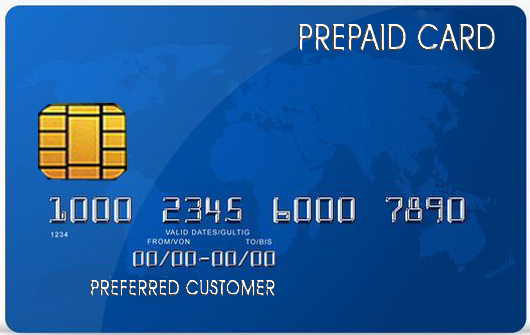The Consumer Financial Protection Bureau (CFPB) recently announced rule changes for prepaid account providers that will impact the way they offer information and protection to customers.
What is a prepaid account? Prepaid accounts are similar to standard checking accounts in that they only include funds an account holder deposits into it. Cards tied to the prepaid account are typically used wherever debit cards are accepted such as grocery stores, gas stations, and online purchases. Unlike a checking account, prepaid cards are available for purchase at many brick and mortar stores and online, and a buyer doesn’t need to qualify for an account to obtain a card. Prepaid card purchasers can choose the amount of money they want to load onto the card (for a fee) and can reload the card when the balance runs low (for another fee).
Fees for prepaid accounts can be substantially more costly than a traditional checking account, and the accounts may not provide customers with the clarity of information or level of protection that other traditional financial accounts offer. The new prepaid account rules reduce these drawbacks and places more financial control into the hands of consumers.
One of the new changes is improved clarity in account fees. Providers must offer its fee structure in a clear manner that allows customers to compare prices across offers. When potential customers have the ability to clearly evaluate alternative offers, they usually select the best deal available. The rule may incentivize providers to offer more competitive pricing schedules to draw customers away from the competition and ultimately lower cardholders’ overall costs of maintaining the prepaid account.
Another change is cost-free transparency in account information. Information such as account balance, transaction history, and any fees charged to the account must be offered for free to card holders by telephone, online, and in writing upon request, unless the company provides periodic statements. This could incentivize account providers to create the option for consumers to receive account statements the same way they receive standard checking account and credit card statements.
Limiting losses for lost or stolen cards is another big change for prepaid accounts. As long as a customer promptly notifies the company of a lost or stolen card, personal losses are limited to $50. Companies must also work with account holders to investigate fraudulent or erroneous account activity and restore missing funds if appropriate.
Besides prepaid cards, the CFPB reports that the new protections will also apply to mobile wallets, person-to-person payment products, payroll cards, student financial aid disbursement cards, tax refund cards, and certain government benefit cards.
The new rules are scheduled to take effect on October 1, 2017.
For more information on the new rules, go to: http://www.consumerfinance.gov/about-us/newsroom/cfpb-finalizes-strong-federal-protections-prepaid-account-consumers/
